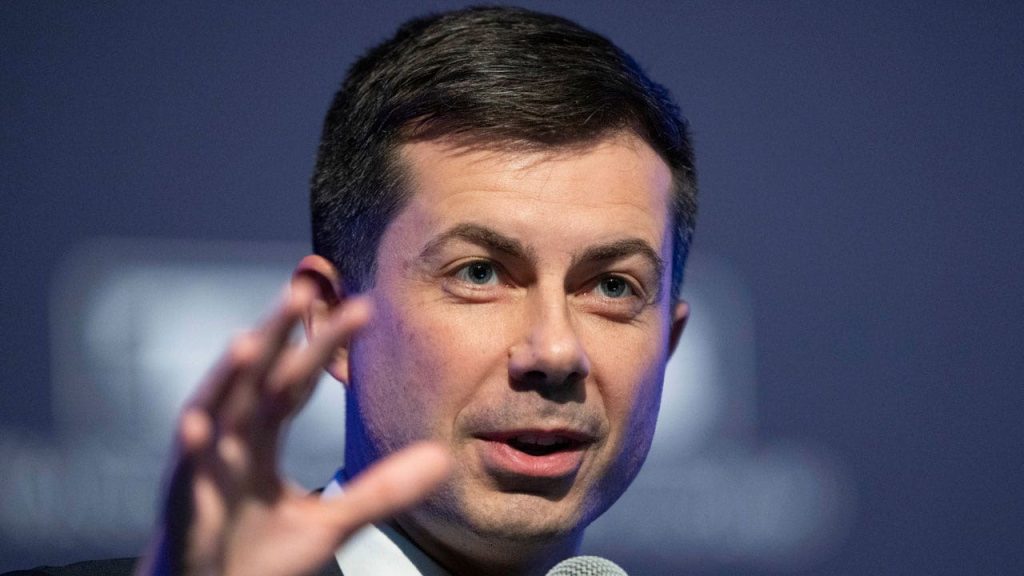Transportation Secretary Pete Buttigieg is facing his biggest challenge yet with the collapse of the Francis Scott Key Bridge in Baltimore. After the disaster, Buttigieg immediately began coordinating the federal response with Maryland Gov. Wes Moore and announced that the Department of Transportation would make $60 million in emergency federal funds available for the recovery effort. Buttigieg’s swift actions have received praise, with former Transportation Secretary Ray LaHood commending his handling of the crisis.
The collapse of the bridge has had significant implications, particularly for the nearby Port of Baltimore. The wreckage in the Patapsco River has disrupted the flow of ships in and out of the port, posing a threat to the 8,000 jobs associated with port activities and up to $200 million worth of products that pass through the port daily. The collapse has also impacted trucking traffic, with roughly 4,900 trucks crossing the bridge daily carrying about $28 billion in goods annually, causing a strain on supply chains.
The collapse has forced all vessel and trucking traffic to be diverted, potentially straining other ports and infrastructure. The crisis has required a coordinated effort involving federal, state, and local officials, as well as shippers, truckers, port workers, and operators who have all been impacted by the disaster. Buttigieg’s leadership in managing the response to the crisis has been crucial in laying the groundwork for a recovery effort that may extend beyond his tenure at the agency.
Critics, including Republicans and some progressives, have seized on the bridge collapse as evidence of Buttigieg’s supposed lack of experience and effectiveness as Transportation Secretary. Previous incidents, such as the supply chain crisis in 2021, major airline delays, and delayed responses to other transportation emergencies, have also drawn criticism. However, Buttigieg maintains that each emergency informs how he deals with the next one, and his handling of the Baltimore bridge collapse showcases his ability to mobilize resources and coordinate a comprehensive response.
The collapse of the Francis Scott Key Bridge in Baltimore has been an all-hands-on-deck moment for the Department of Transportation and the administration, with regional and national implications that require a united effort for recovery. The impact on the community, the loss of life, and the disruption to a vital East Coast port have underscored the importance of addressing infrastructure vulnerabilities and strengthening transportation systems. As Buttigieg continues to navigate the aftermath of the bridge collapse, the focus remains on rebuilding together and ensuring the resilience of the nation’s infrastructure in the face of future crises.















